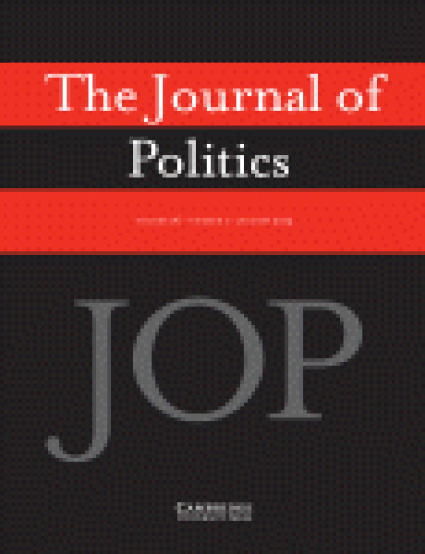
Article
Economic Inequality and Democratic Support
The Journal of Politics
(2014)
Abstract
Does economic inequality influence citizens’ support for democracy? Political economy theory suggests that in a country with high inequality, the majority of the population will support democracy as a potential mechanism for redistribution. Much of the survey and area-studies literature, by contrast, suggests that inequality generates political disillusion and regime dissatisfaction. To clarify this disagreement, we distinguish between prospective versus retrospective evaluations as well as between egocentric versus sociotropic evaluations. We test the resulting hypotheses in a multilevel analysis conducted in 40 democracies. We find that citizens are retrospective and sociotropic, meaning that higher levels of economic inequality reduce support for democracy amongst all social classes. We also find a small prospective egocentric effect, in that the reduction in democratic support in highly unequal countries is slightly less severe amongst the poor, suggesting they believe that democracy might increase future redistribution.
Disciplines
Publication Date
January, 2014
DOI
10.1017/S0022381613001229
Citation Information
Jonathan Krieckhaus, Byunghwan Son, Nisha Mukherjee Bellinger and Jason M. Wells. "Economic Inequality and Democratic Support" The Journal of Politics Vol. 76 Iss. 1 (2014) p. 139 - 151 ISSN: 0022-3816 Available at: http://works.bepress.com/nisha-bellinger/2/
